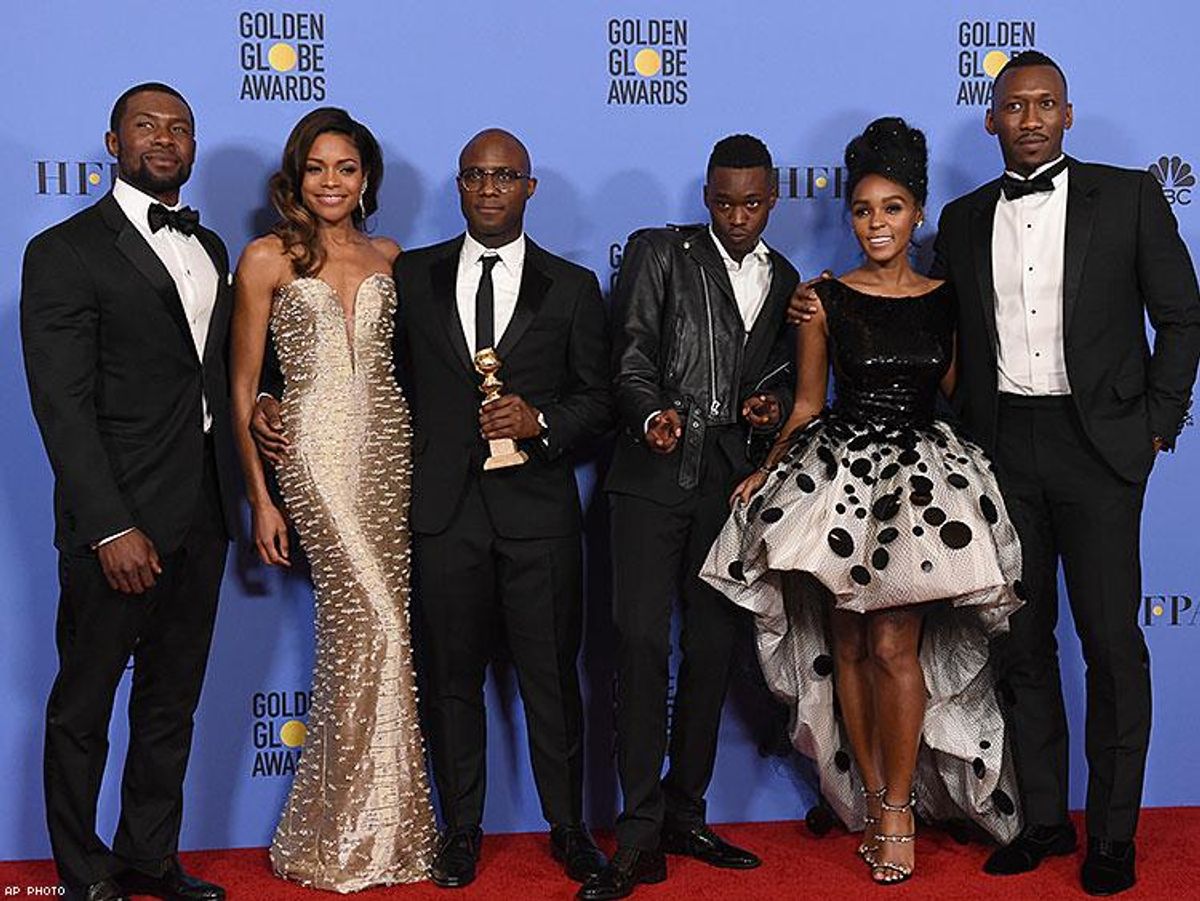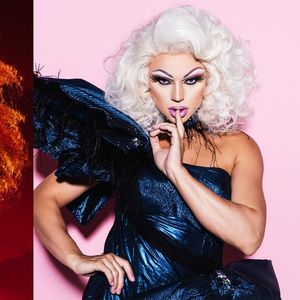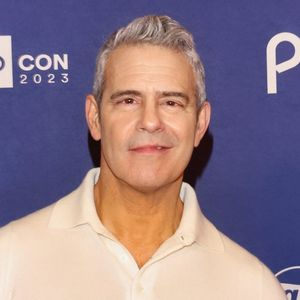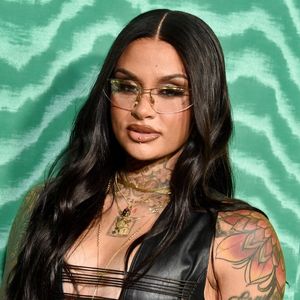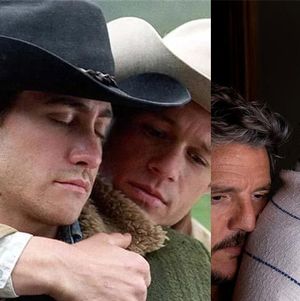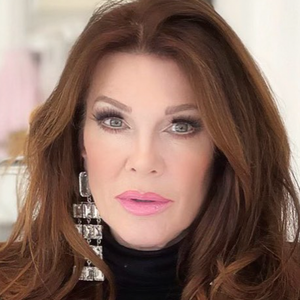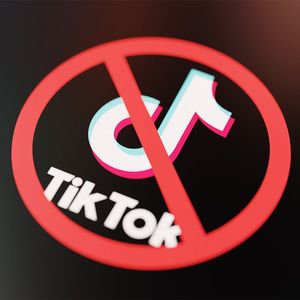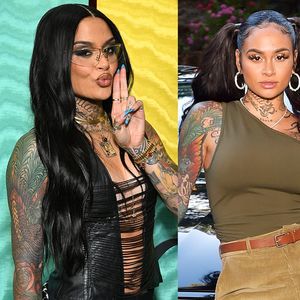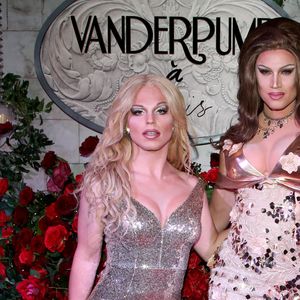Blackish. Atlanta. Viola Davis. Moonlight.
I am thrilled that, finally, movies and shows with black protagonists, which show us in all of our complexities as people of color, are being recognized at mainstream awards shows like the Golden Globes.
The success of Moonlight, which won best dramatic picture at the ceremony, gives me hope that perhaps a door has opened that will give more black and gay artists, entertainers, writers, and visionaries opportunities for mainstream exposure. This access to larger audiences has eluded queer people of color for years, although our slang, fashion, style, and culture are often appropriated. (Seriously, when did white straight men start saying phrases like "throwing shade"?)
However, the fight for representation is far from over.
Finally, more and more heterosexual actors are becoming comfortable playing gay characters on television and in films. But when are actual LGBT entertainers -- I count myself as part of this large and talented pool -- going to have the opportunities to play roles in our own stories? Quite frankly, many of us could play straight characters as well. After all, many of us played straight for years in real life, so we certainly have the experience.
For nearly two decades, I have been out and proud as a black gay man in the entertainment industry. As one of the first to be so in my particular arena of comedy, I would be lying if I failed to express that I am occasionally disheartened by the lack of opportunities for career progress beyond a certain level -- especially when so much mediocrity gets rewarded and hard work often yields no results.
The double standard is real. As a black gay comedian who plays to LGBT, mixed, and mostly heterosexual audiences, I don't get to be "OK." Excellence must be the standard. Whenever I show up, I have to look good, and everything I do has to be beyond exceptional. Because just like in life, everything we do -- the way that we walk, talk, dress, and enter a room -- is heavily scrutinized.
Whenever I feel like throwing my hands up in defeat, I find support in my makeup artists, close friends, loved ones, producer, comedy legends, and even my mom, who give me reasons why I shouldn't quit. When I tell our community's stories to audiences -- who have laughed, stomped, clapped, waved their hands, and screamed out as if to testify in agreement with the truths I share -- I am reminded why what we do as LGBT artists of color is necessary. These moments allow me to continue, year after year, despite the grief, rejection, and challenges.
I am no exception to the rule. This experience of struggle and perseverance has been the case for all black and gay artists. We continue to do what we do, despite being told that we aren't marketable and no one cares to see us or hear what we have to say. Yet we still show up and create our art, despite the reality that we are often overlooked and underexposed.
I'd like to see our stories and opportunities go beyond Moonlight. I hope this film's success is a new turning point for us.
Viola Davis said it perfectly last year at her Emmy acceptance speech when she declared, "The only thing that separates women of color from everyone else is opportunity."
I feel like the same applies for black gay folks, our contributions, and our stories.
SAMPSON MCCORMICK is a comedian, writer, and activist. He also produced a documentary about his experiences trying to make it in the comedy world, A Tough Act to Follow.
